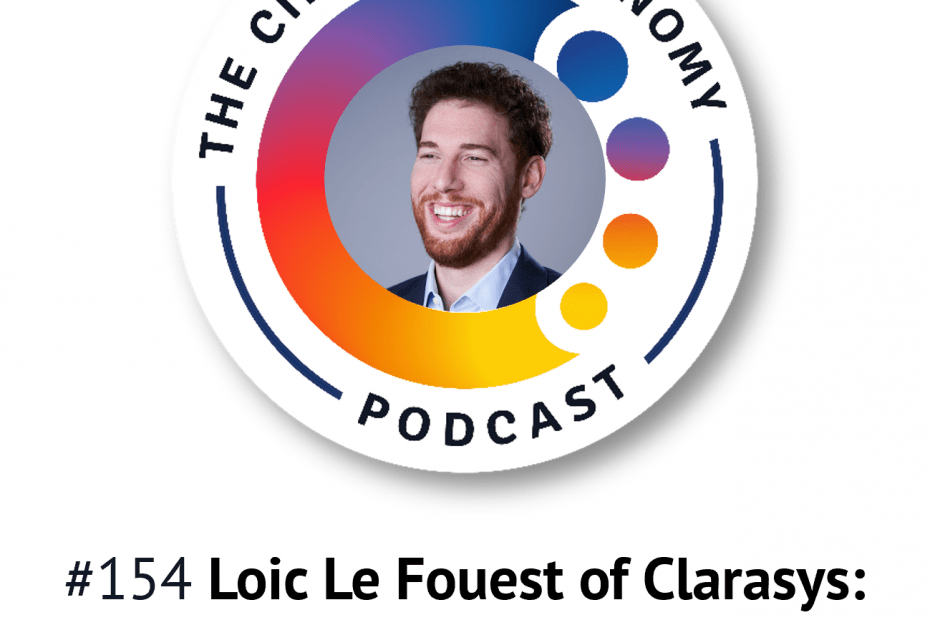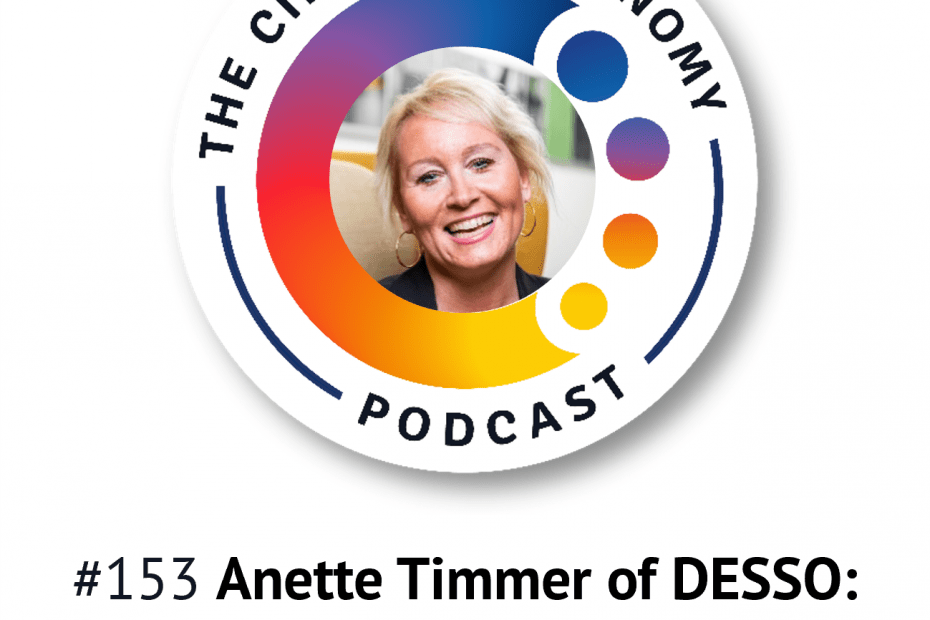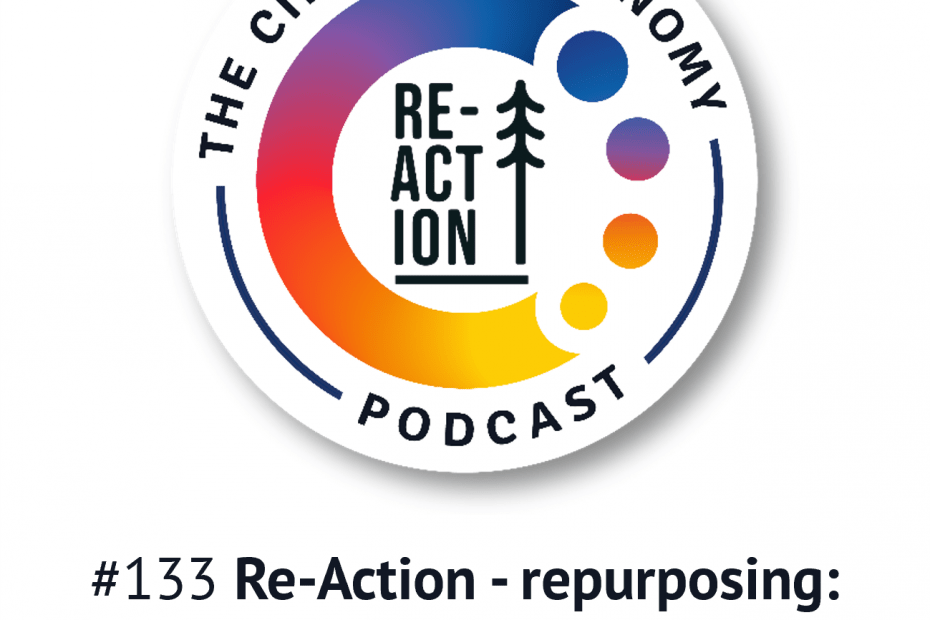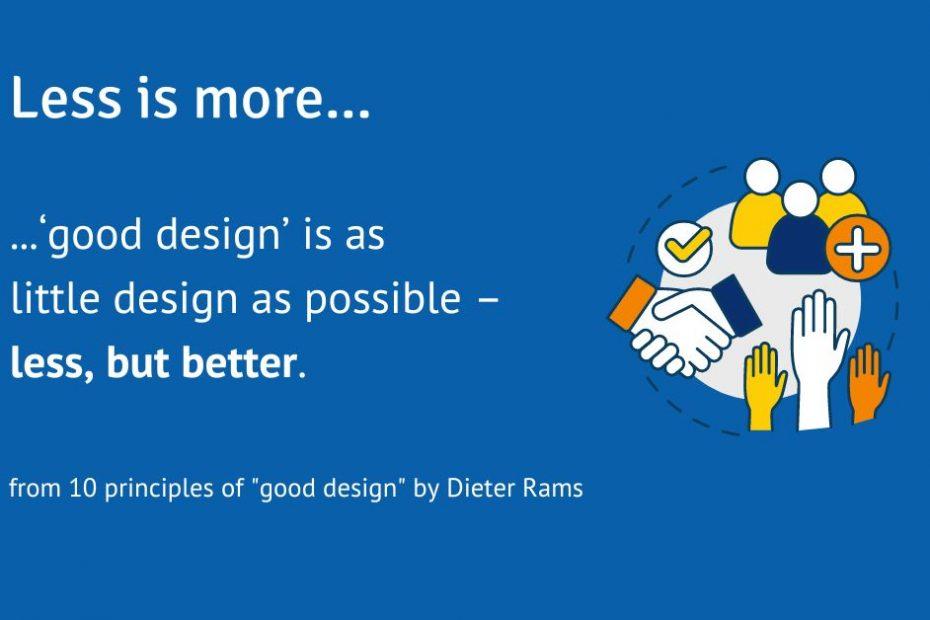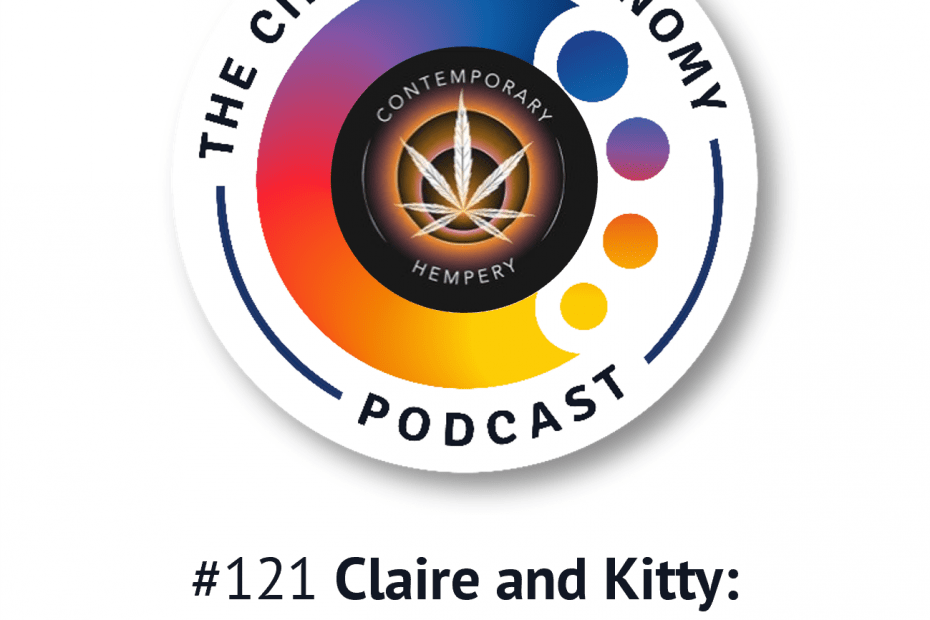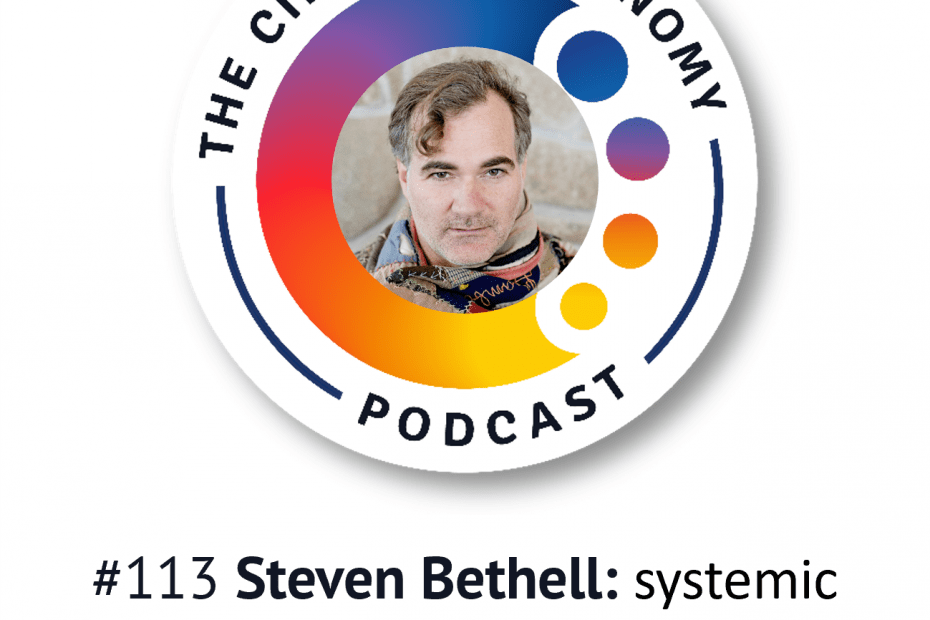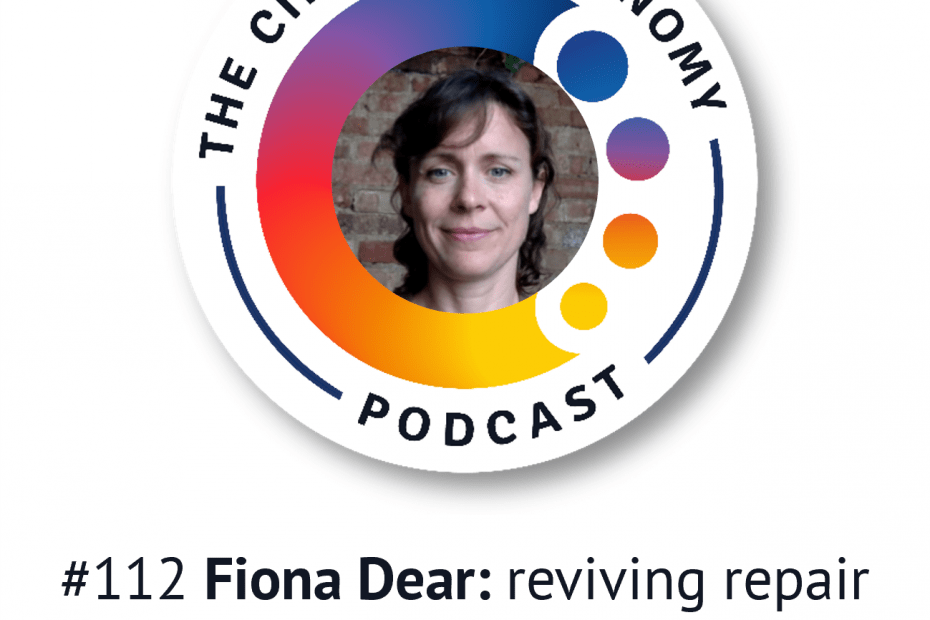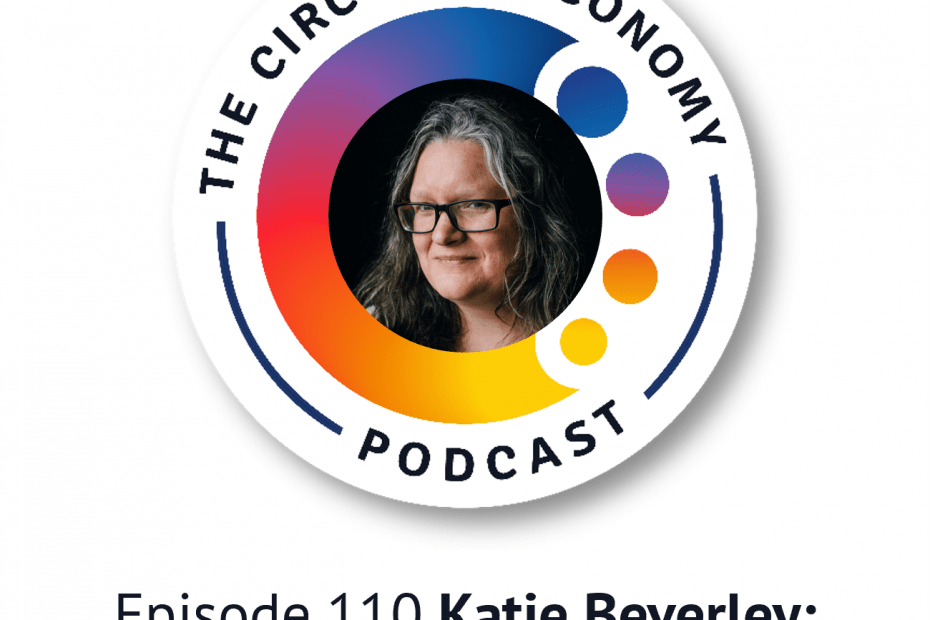154 Loic Le Fouest of Clarasys: designing circular customer experiences
Loic Le Fouest is a leading expert in Customer Experience (CX) with a strong track record of driving customer-centric transformation across the private, public, and not-for-profit sectors. As the head of the CX practice at Clarasys in the UK, Loic helps organisations design customer experiences that drive loyalty, innovation, and sustainable business growth.
Clarasys describes itself as The Experience Consultancy — employee-owned, purpose-driven, and dedicated to helping organisations create better experiences for customers, employees, and the planet.
Clarasys recognises that circular economy approaches often require fundamentally different relations between providers and users, and it’s keen to understand more about that.
In 2022, Loic launched a partnership between Clarasys and the University of Exeter’s Centre for the Circular Economy to tackle what they saw as one of the biggest challenges in circularity — customer engagement. This collaboration led to a report and toolkit on Creating Customer Experiences in the Circular Economy, providing businesses with practical strategies to make circular models work for their customers.
Loic is an experienced transformation consultant with over 10 years of consulting and industry experience, and he combines design thinking with his background in product management, digital transformation, lean 6-sigma and change management.
Loic shares insights from Clarasys’ collaboration with the Exeter team, which looked at how businesses were dealing with challenges around user adoption and acceptance across the food and beverage and household appliances sectors.
The research team looked at the new aspects of roles, behaviour and relationships for consumers/, and Loic explains some of the key findings around that, including ‘consumption work’ and ‘key moments that matter’ for customers.
The study also found that firms were struggling to launch and scale successful circular business models, and Loic talks about two kinds of approaches to that – ‘inside out’ versus ‘outside in’.
